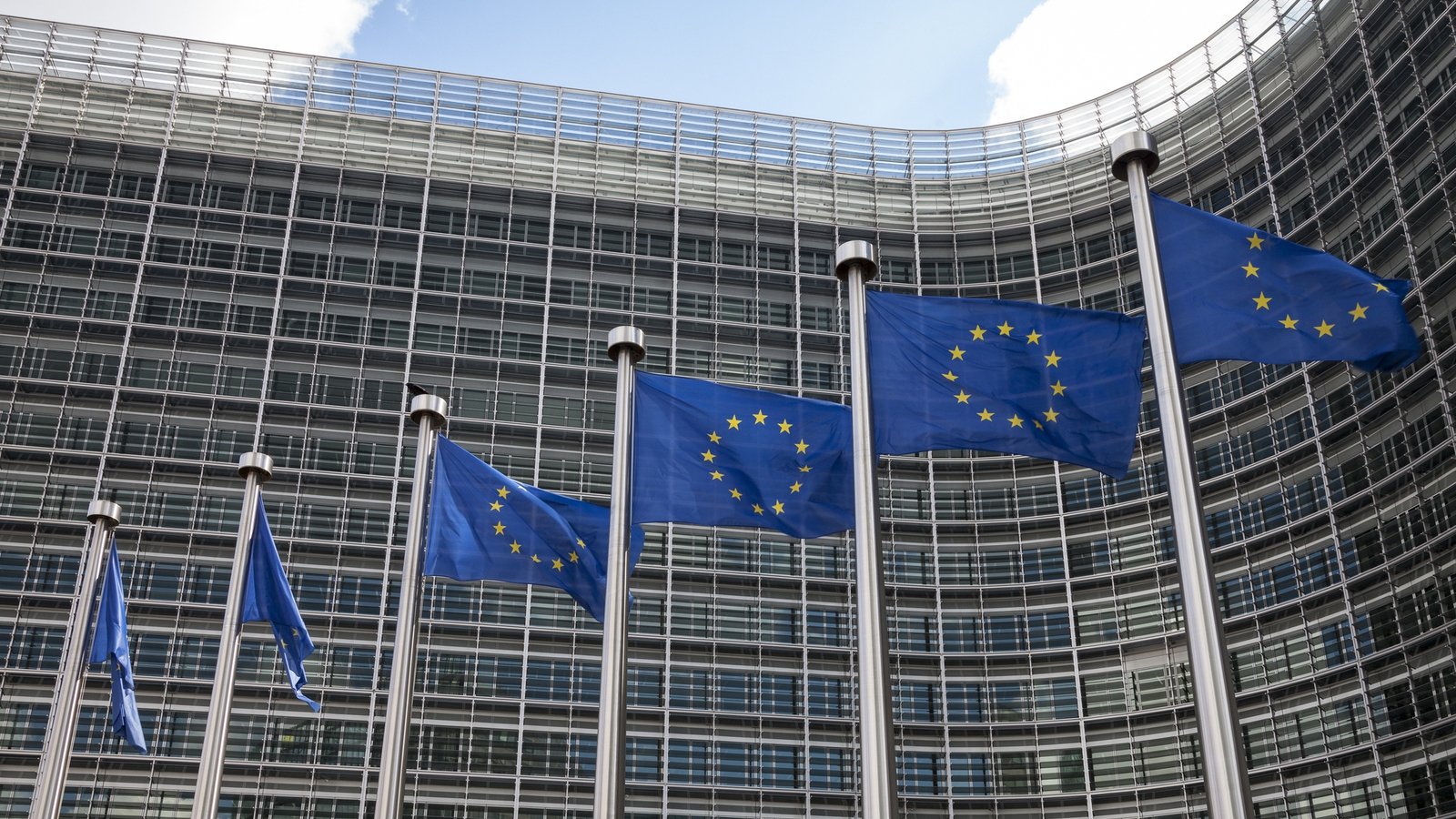The European Commission will meet next week to discuss concerns over animal tracing following a RTÉ Investigates documentary, an Oireachtas committee has heard.
Deputy Chief Veterinary Officer Michael Sheahan said that the Department of Agriculture had contacted the commission to discuss an EU-wide response to issues raised in the programme.
They include “a loophole” in some countries where databases “don’t talk to each other,” he said.
The meeting, which he noted will take place on Wednesday, is being convened “to see what needs to be done to close that loophole,” and follows the launch of investigations right across the bloc after the programme was aired.
The senior official provoked criticism when he claimed that some people are “jumping on the bandwagon” following the revelations in the RTÉ Investigates programme which was broadcast last week.
“Whenever an exposé comes out, there is a tendency to say of course you should have known,” he said, before reassuring committee members he was not accusing them of doing so.
Mr Sheahan said that the “horrific” footage in the programme “was one of the most sickening things I’ve ever seen”. He had watched it while away on holiday.
The department cannot figure out the animal tracing system was beaten, he said, describing the footage as “a bit of a surprise”.
We need your consent to load this rte-player contentWe use rte-player to manage extra content that can set cookies on your device and collect data about your activity. Please review their details and accept them to load the content.Manage Preferences
“Just simply sticking a microchip in a horse – that won’t allow you to beat the system,” he told the committee.
“We’re not sure yet how this individual horse beat the system. We have some theories,” Mr Sheahan said.
Mr Sheahan faced intense questioning over the department’s handling of numerous complaints which had been made against the farm adjoining the abattoir in Straffan, Co Kildare.
Fianna Fáil TD James O’Connor said that multiple complaints “should raise alarm bells” and that five complaints since 2018 “is an extraordinarily high number”.
TDs also pointed out that the focus of the complaints was an individual who has a 2012 conviction over animal welfare.
“Was the department not on high alert?” asked committee chair Sinn Féin TD Brian Stanley.
Read More:
Data probe reveals thousands of Irish horses ‘missing’ each year
RTÉ horses exposé triggers Europe-wide food safety investigations
Significant horse abuse exposed at key site by secret RTÉ filming
Mr Sheahan conceded that he did not know if the department had been aware of this conviction when the inspections had been carried out in recent years.
Having visited the Straffan plant himself, “I would say standards were very good”, Mr Sheahan said.
Following the revelations on RTÉ Investigates, he revealed that departmental officials have “done a lot of soul-searching about should we have known what was happening in that shed next door?”
“Without the excellent work done by RTÉ, to be honest, we would not have known that this was happening,” he said.
Mr Sheahan also said that he is not sure if the department will be able to “pull a rabbit out of a hat” to resolve how animals will be slaughtered now that the plant has been closed.
The department is aware that “a number of horses were moved” from the abattoir and he understands that they have been moved to lands in Limerick “owned by the same individual”.
“For the movement to happen legally the department would have to authorise it,” he added.
But he would not say whether this authorisation had in fact been given, citing the investigation now under way.
Chief Executive of Horse Racing Ireland Suzanne Eade said that her organisation was “deeply disgusted and appalled” at the abuse of horses which was uncovered by RTÉ Investigates.
“The behaviour depicted was abhorrent and is absolutely not the experience of those working directly in the Irish horse racing and breeding industry,” she told the PAC.
“We will fully support any garda and Department of Agriculture investigation, and we eagerly await their conclusion,” she added.
Separately, the head of the Irish Horseracing Regulatory Board (IHRB) insisted that a large transfer it received from a charity, an occurrence which he previously described as “a bombshell” and a matter “of grave concern”, was an “isolated incident”.
At one point during questioning, Darragh O’Loughlin conceded that he was coming across “as combative and unhelpful”.
However, he insisted: “We want to draw a line under this. We want to bring this process to an end.
“We want this Mazars report published as soon as possible,” he said of an independent review which is nearing conclusion, but which is “taking longer than I think it should.”
In January 2022, the IHRB’s bank account received a transfer of €350,000 from a charity, the Jockey’s Emergency Fund. It was repaid after three months.
Details of the transfer came to light last year.
The Jockey’s Emergency Fund is a registered charity which provides support to jockeys who suffer “catastrophic” injuries. It is currently supporting two jockeys, Mr O’Loughlin noted.
He said that last August, the consultancy firm Mazars began its “detailed scrutiny” of financial and other records spanning six years.
A final report will be published “shortly”, he said, “and the recommendations will be acted on”.
“We have tightened up on our financial controls,” he told the committee, “any payment must be signed off by two members of senior management now, and – any payment above €25,000 – one of those must be the head of finance or myself as CEO.”
Mr O’Loughlin refused to bow to sustained pressure to reveal the salary of the Chief Financial Officer – who has been on voluntary suspension with full pay for “just shy” of a year.
He accepted an observation from James O’Connor that it was “an exceptionally long time to be on paid leave”.

